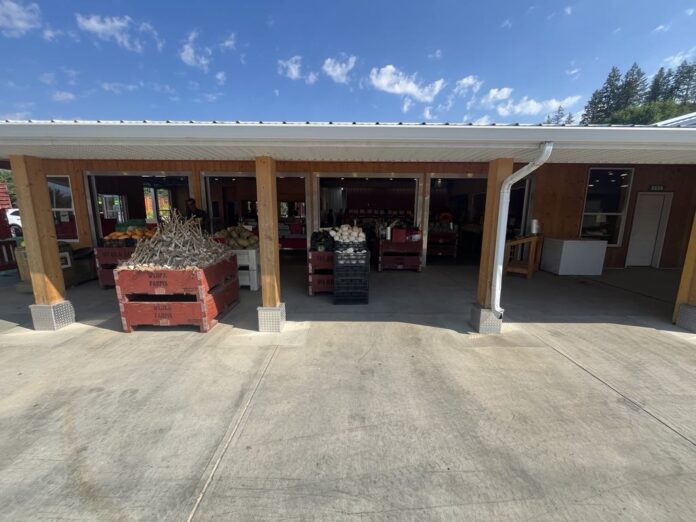
Following a particularly harsh winter, the provincial government has announced multiple programs available to help support local farmers recover.
However, a local Creston farmer says that those programs aren’t always enough nor are they applicable in all situations.
Frank Wloka says they are expecting a massive loss this year after most of their soft fruit trees were decimated by the winter temperature fluctuations.
Despite the recent announcements from the government, Wloka is not confident local farmers will see any additional support.
“It’s a little bit frustrating with the announcements that are made to the public. The reality is the trickle down to the individual farmers is near zero,” explained Wloka.
Wloka gave an example of an announcement following the major freeze back in January that there would be a replant program.
“If you look at the fine print of the replant program, there are a few conditions. We do not grow a contiguous one acre of most, and a replant would be less than an acre of most of our trees. None of that qualifies.”
He adds that even if they did qualify, the funds available would not have been enough in the first place.
“I think about $2,500 per acre was the replant subsidy. Well, $2,500 an acre is a far cry from the $18,000 it costs to replant an acre of product, then wait three to five years for production,” said Wloka.
“A year with no revenue and an offer of $2,500 doesn’t make a lot of business sense at all.”
Recently, the BC government announced three new or updated financial support opportunities for local farmers, including an increase in the AgriStability program.
The programs and support encourage farmers to prepare for climate change and harsh weather patterns in the future.
Wloka was unaware of the most recent announcements and was hesitant that the programs would hold much water.
“It’s really awesome to go and change the operation to improve what we have. So we’re more competitive globally. But when there’s no revenue coming in and it’s a small portion of the overall cost of a new project, it’s not sustainable to any operation that doesn’t have the revenue coming in.”
Wloka says a poor understanding of agriculture and sustainability could see local farms and producers fade away.
Something going on in your part of the Kootenays you think people should know about? Send us a news tip by emailing [email protected].



